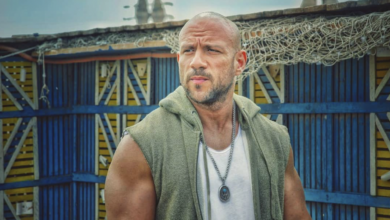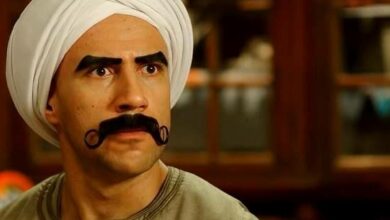There will be no amnesty for former President Hosni Mubarak due to his poor health, and if there was, that would be for the prosecutor general to decide, Justice Minister Ahmed Mekky said on Friday.
In an interview on the privately owned Al Arabiya satellite channel, Mekky responded to rumors that Mubarak would be released from prison by saying that "there is a judicial conflict over the period he [Mubarak] spent in prison."
Mubarak entered a preventative detention period in April 2011, and that period would end in April 2013. The Cairo Criminal Court already found Mubarak guilty of responsibility for the killing of protesters during the 18 days of the 25 January revolution, but the Court of Cassation has ordered his retrial.
"The law stipulates that if the defendant is given the death penalty, preventative detention should not exceed 24 months. However, there is some controversy, because some legal experts see the preventative detention period as including the period between detention and appeals, while others don't. "But this is still uncertain," Mekky said.
If the court determines to include the period of time between detention and appeal, then Mubarak would have been imprisoned for 24 months by this April.
After the ruling was issued against Mubarak in June 2012, the decision to retry the former president was made seven months later, in January.
Mekky added that there was no chance the court would reconcile with Mubarak, but added that "being Muslim, I would lean toward amnesty. The Quran mentions ‘those who forgive people' … However, that depends on what the victims’ families want.”
When asked about businessman Hussein Salem, who fled the country after being accused of involvement in the case of exporting gas to Israel, Mekky said, “Salem has assets with the government, although much of that money is abroad. We could negotiate and reconcile to regain those funds, as his crime is not related to bloodshed.”
The minister was also asked about the problem of the legality of the Muslim Brotherhood. “The group’s current situation is not the best," Mekky answered. "The law should be applied equally to everyone. The group should be a role model.”
Edited translation from Al-Masry Al-Youm



